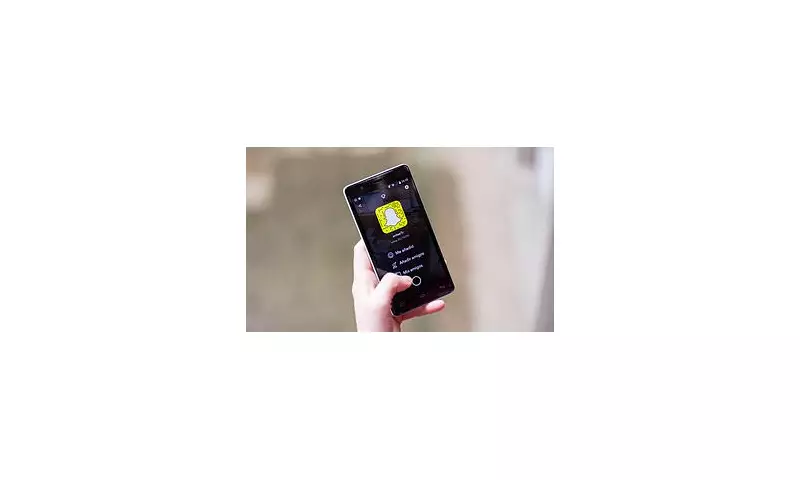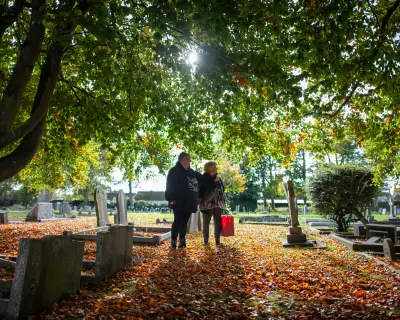
Leaders from some of the UK's top private schools are urging the Labour party to resist mounting pressure for a total ban on mobile phones in schools, advocating instead for a more nuanced and community-specific approach.
Calls for Nuance Over Blanket Bans
Donna Stevens, the chief executive of the Girls’ Schools Association (GSA), has publicly stated that an 'outright ban' would lack the necessary 'nuance' required for effective policy. She emphasised that schools are best placed to understand their pupils' needs and that policies should be tailored to their specific communities.
'There’s examples of pupils getting themselves across London to school and not having been able to have their phone with them,' Stevens said, highlighting the practical realities for many students. 'It’s about education and limitations, and it’s about getting that balance right. That’s going to be different in different communities – different in an urban school in London, versus [outside London].'
The Practicalities of Phone Use for Safety
This perspective was echoed by Lindsey Hughes, GSA president and head of Channing School in North London. Hughes agreed that a total ban is not the answer, revealing that 'most' of her pupils have phones so that parents can track them and ensure they have arrived at school safely.
'At my school we make it really clear that we think it's a parental choice whether a child has a phone at all, and if they do, what kind of phone it is,' Hughes explained. 'We are really happy to engage with parents about making that choice.' She noted that many of her students need phones because they have to 'travel independently to school by public transport'.
Existing Systems and Digital Education
Despite supporting phone ownership, Hughes' school employs a strict management system. Every pupil must deposit their phone in a special 'pouch' where it remains for the entire school day.
'It’s out of sight, out of mind, and it can’t be touched during the school day,' she said. 'That means at breaktime and lunchtime and in clubs and activities. The most important thing is that during the school day, children are in classrooms and in activities and with each other, to learn subjects and how to be sociable.'
Beyond mere restriction, the school also incorporates digital education into its curriculum. Pupils are taught how to be 'safe digital customers' and to 'understand how the algorithm is treating them', preparing them for life online.
The leaders made these comments at the annual conference of the GSA, which represents more than 100 top private girls’ schools as well as some in the state sector. Their stance comes as the Labour party faces lobbying from the Conservatives and parent campaigners to legislate for a total ban. Currently, the government only provides non-statutory guidance advising schools to prohibit phone use, a policy some parents are challenging as insufficient through a judicial review. Any potential legal ban would likely not apply to private schools.





